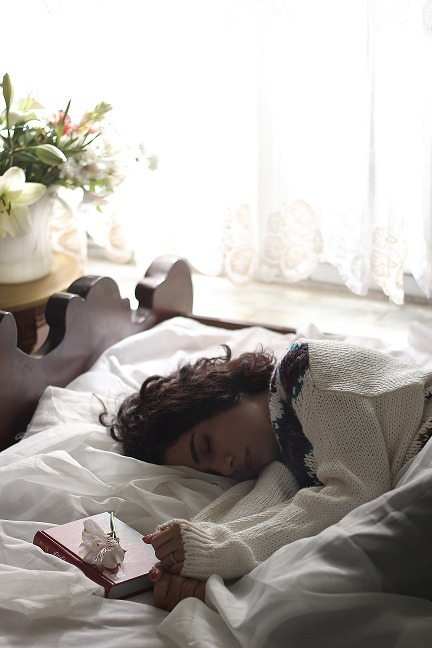
Addiction Recovery Boosted by Quality Sleep
Adequate sleep is of great importance to our overall health and wellbeing. Unfortunately, nearly a third of Americans are affected by sleep-related problems according to the Centers for Disease Control and Prevention. While there are numerous lifestyle changes such as those involving diet and exercise that need to be made in order to facilitate recovery effectively, one of the most important is often overlooked: sleep. By simply getting more quality sleep, you can give your recovery a tremendous boost, helping you kick your addiction to the curb for good.
The connection between sleep and substance abuse
Sleep and substance abuse often have a very complicated relationship. Individuals living with addiction have a five times higher chance to also experience ensuing sleeping disorders according to research conducted at the Department of Psychiatry at the University of Florida College of Medicine. Many addicts turn to sleep aids to help combat the effects of certain substances that cause insomnia. Due to their often-addictive properties, it is very difficult to prescribe sleeping aids to recovering addicts. Luckily there are a number of more holistic approaches that can be employed that are less dangerous to the patient.
Sleep is vital during recovery
While good sleep hygiene can be beneficial to everyone, it is especially important to recovering addicts who are trying to overcome both the mental and physical deficits caused by their addiction. Not only will sufficient sleep help you feel physically refreshed and mentally alert, but it will also help curb you’re your impulse actions, decrease your irritability, and help you focus on your journey of recovery. As elusive as good sound sleep may sound, it is not impossible to improve the quality and quantity of your daily rest. You can actively improve your sleep by engaging in regular exercise (which forms part of many recovery programs anyway), creating a relaxing bedtime routine, avoiding food that can disrupt your sleep, and keeping a sleep diary.
Remember, junk sleep won’t help your cause
While the term ‘junk sleep, has been coined by a British organisation known as The Sleep Council, it is used worldwide to describe the effect the blue light emitted by electronic devices such as tablets and mobile phones has on us. When browsing the internet, interacting on social media or reading Ebooks shortly before bed, our brains secrete less melatonin which makes it increasingly hard to fall asleep and stay asleep, hindering the recovery process significantly. In order to reduce the amount of junk sleep you experience, it comes highly recommended by the National Sleep Foundation to turn off all electronic devices at least 3 minutes, but preferably an hour before bed.
A good night’s rest can make a huge difference in the life of someone fighting addiction. Not only will it leave you feeling refreshed and motivated to face your recovery full-on but it will also help you to overcome the physical effects of your addiction.



3 Comments
Recover Or Die…
Please Support My Cause… http://www.gofundme.com/recoverordie
Very nice
Addiction Recovery Boosted by Quality Sleep. Nice post well done, sir Keep it up with your Good Work 🙂